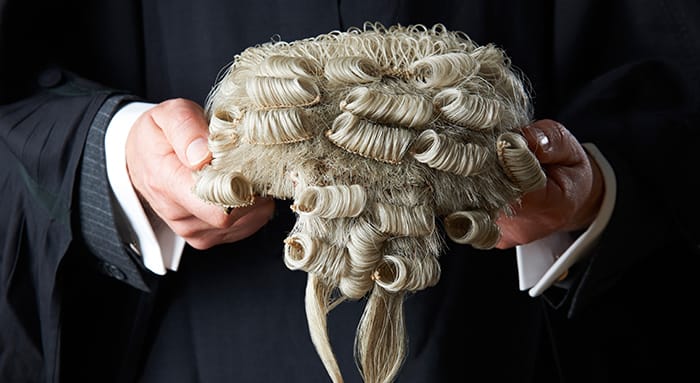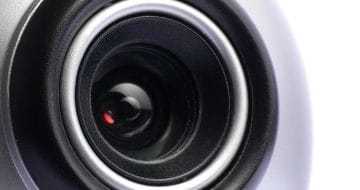Fail rate of under 1%, report finds

The future of the much-maligned bar aptitude test hangs in the balance after a new report found that fewer than 1% of wannabe barristers fail to pass it.
The Bar Course Aptitude Test (BCAT) came into existence in 2013 with the aim of weeding out weaker students who were unlikely to succeed on the bar course. The 55-minute assessment is designed to test critical thinking and reasoning, and must be passed in order to gain entry onto the vocational course.
But fresh questions have now been raised over the effectiveness of the £150 exam, with a new report finding that just 89 out of the 12,663 candidates who attempted the exam between 2013 and 2019 had failed to make the grade — or 0.7%. With retakes excluded, the fail sits at roughly 3%.
The Bar Standards Board (BSB) has now launched a consultation into the future of the entry exam, with three options placed on the table: retain the BCAT in its current form; amend the BCAT so that it is a more effective filter; or scrap it altogether.
The BSB said: “Our recent analysis… shows that the BCAT has had little effect in filtering out students who do not have the required aptitude for the vocational component of bar training. As this was its primary function, we are now considering whether the BCAT remains a necessary and proportionate regulatory requirement.”
This isn’t the first time the effectiveness of the BCAT has come under scrutiny. In 2015, Legal Cheek reported that the exam had been temporarily suspended amid claims it was “nearly impossible to fail”. The BSB eventually took action, upping the pass mark from 37 to 45 (on a scale which ranges from 20 to 80).
This year’s bar recruitment round saw a whopping 3,301 bar hopefuls compete for 246 pupillages through the centralised Gateway.


